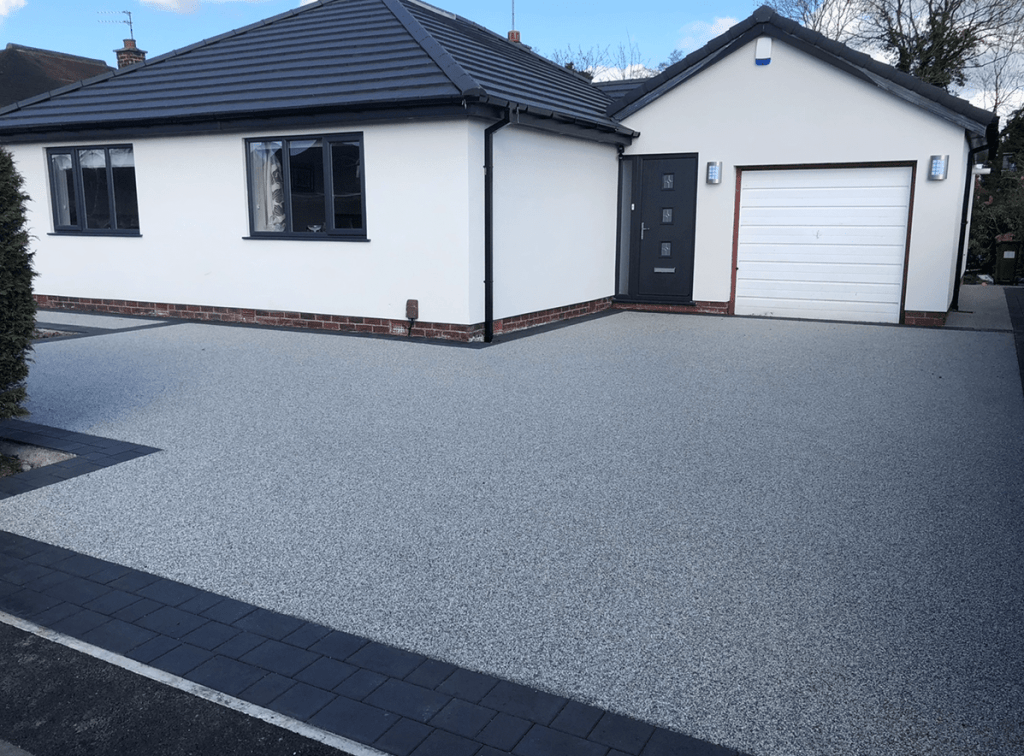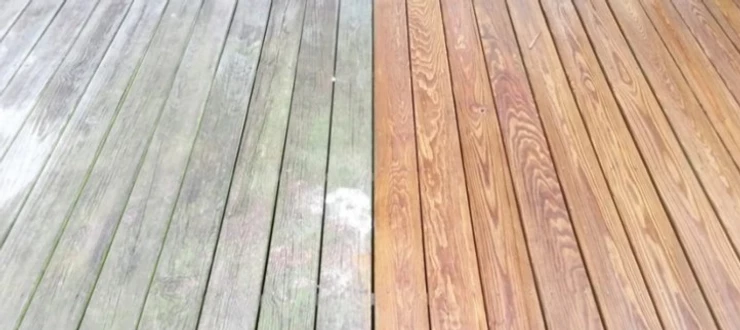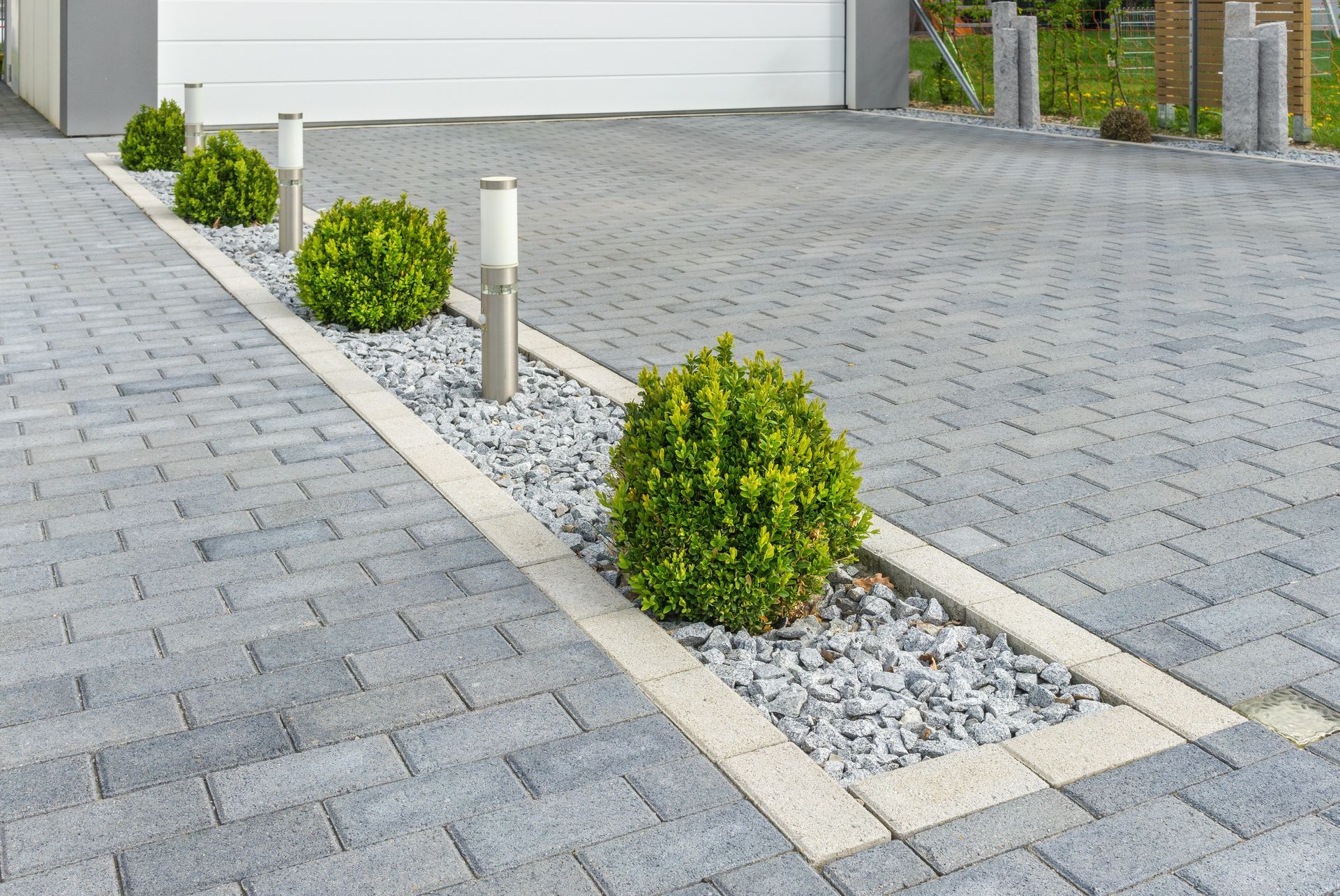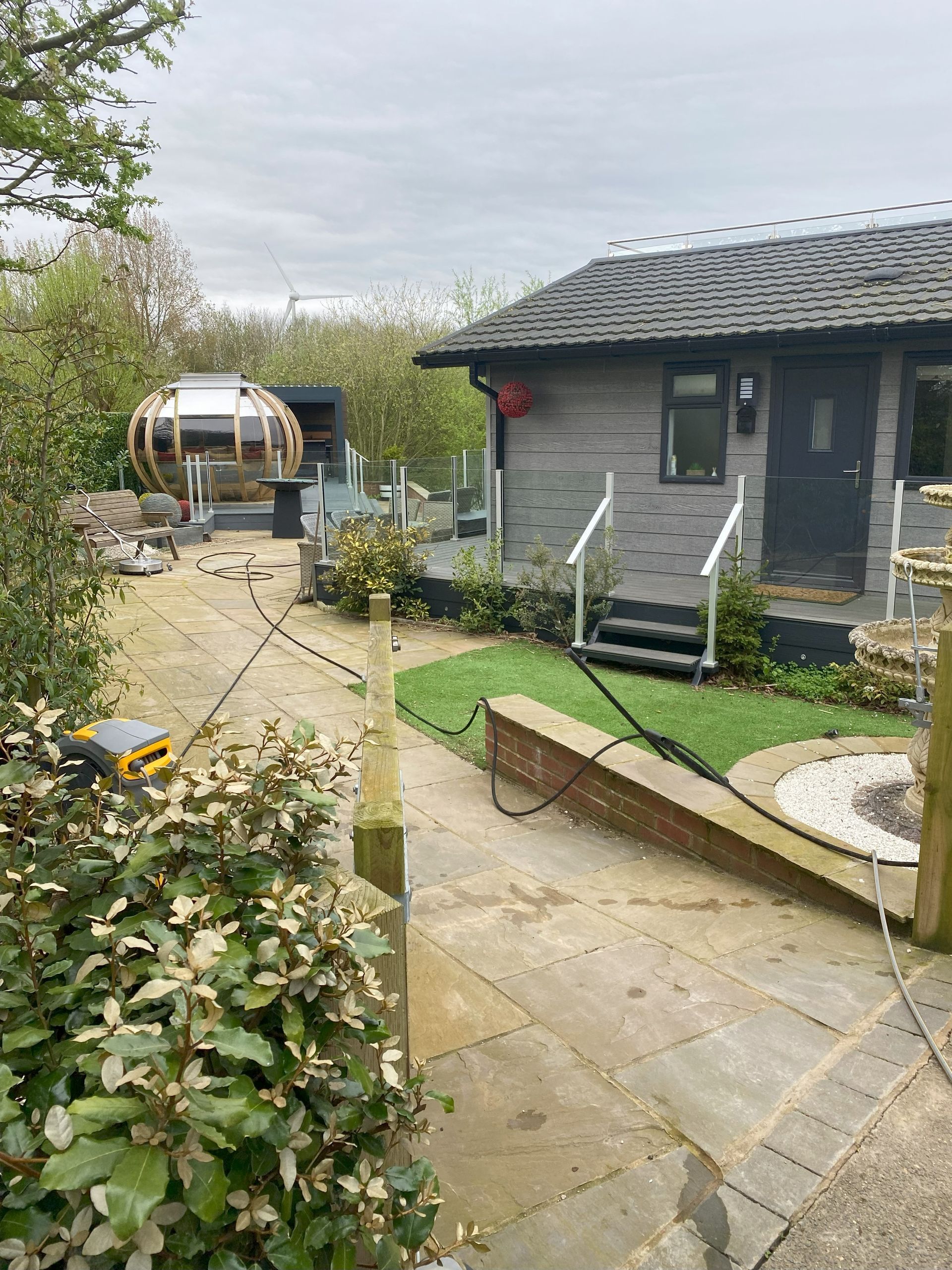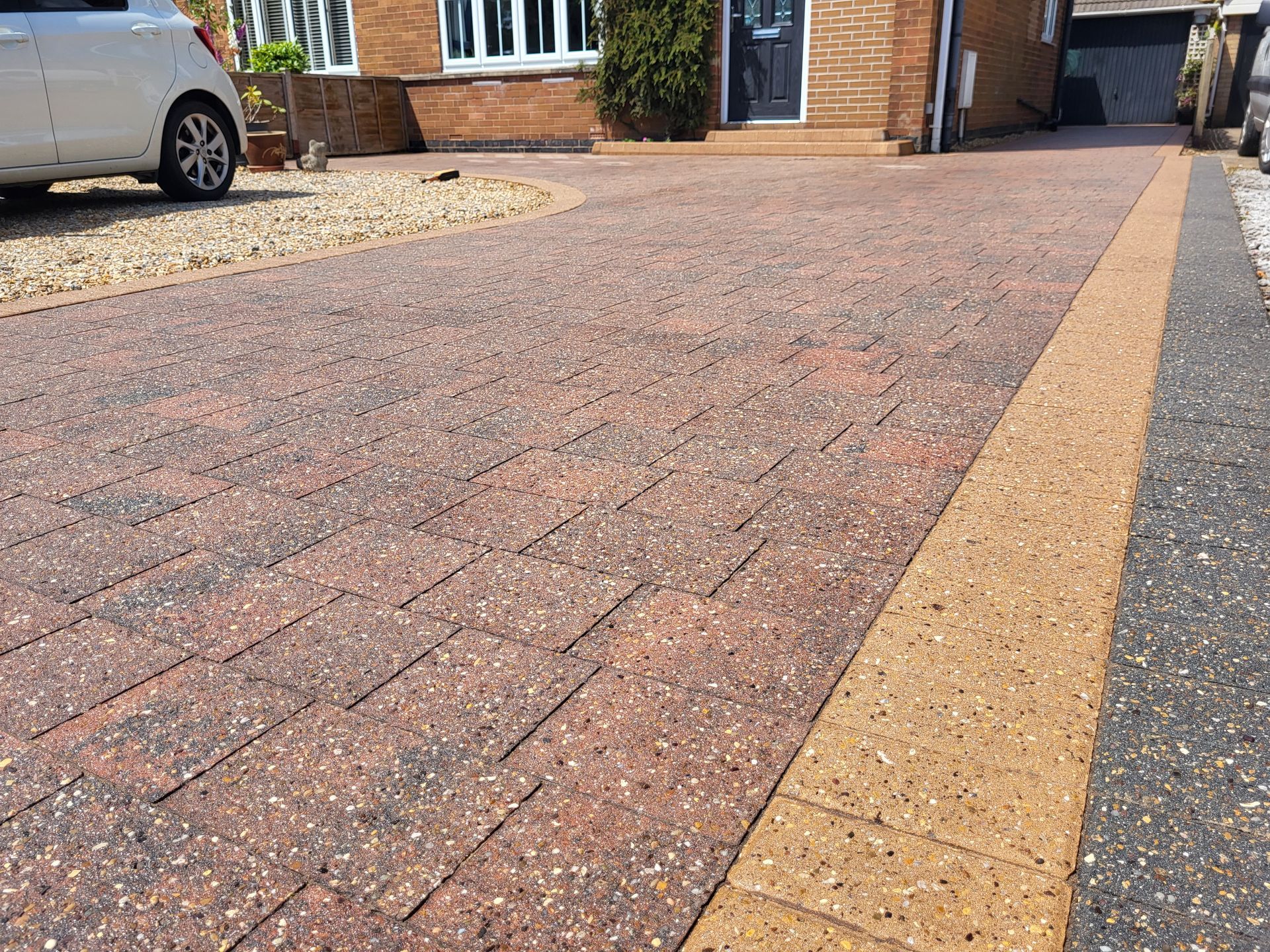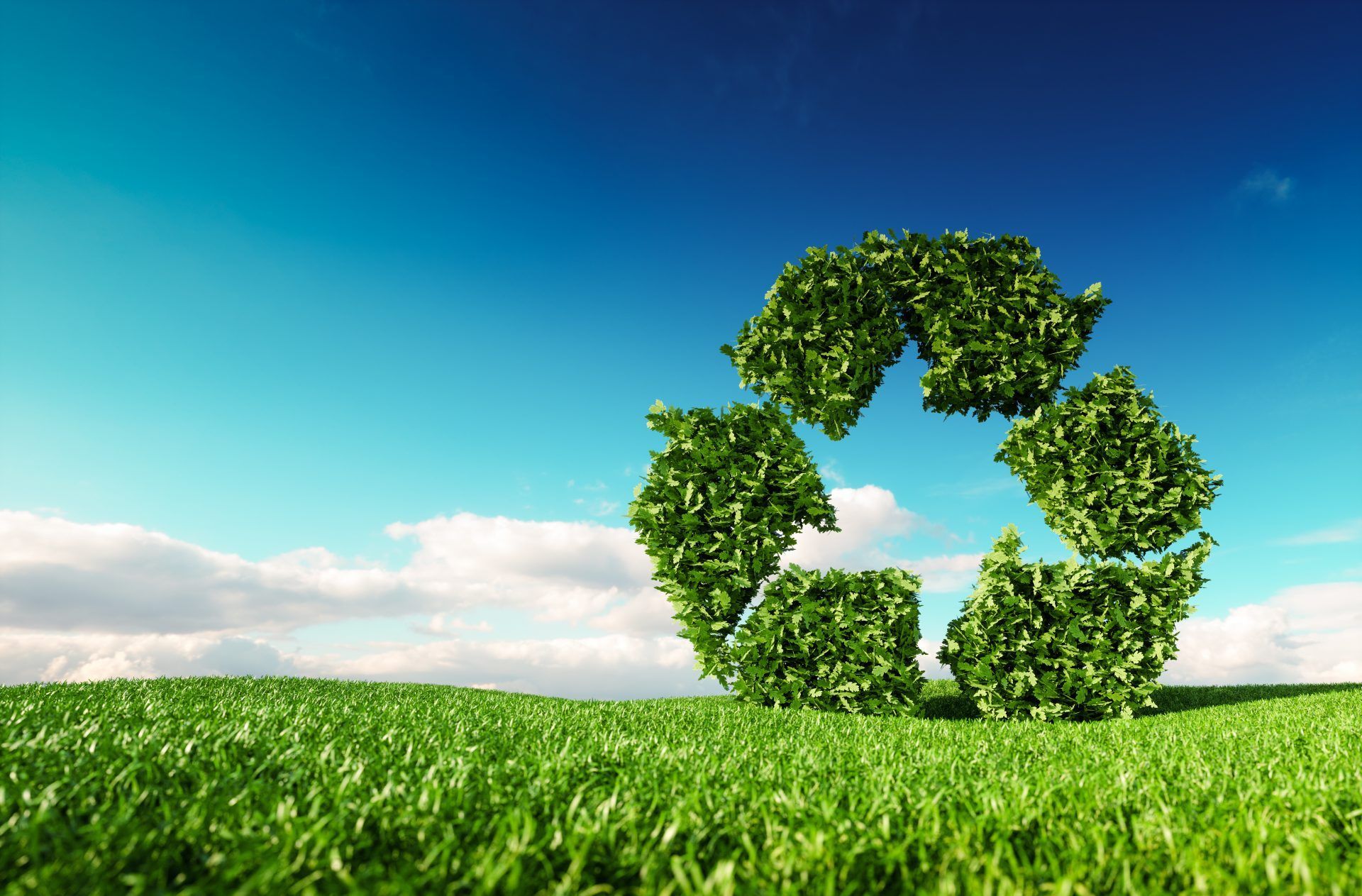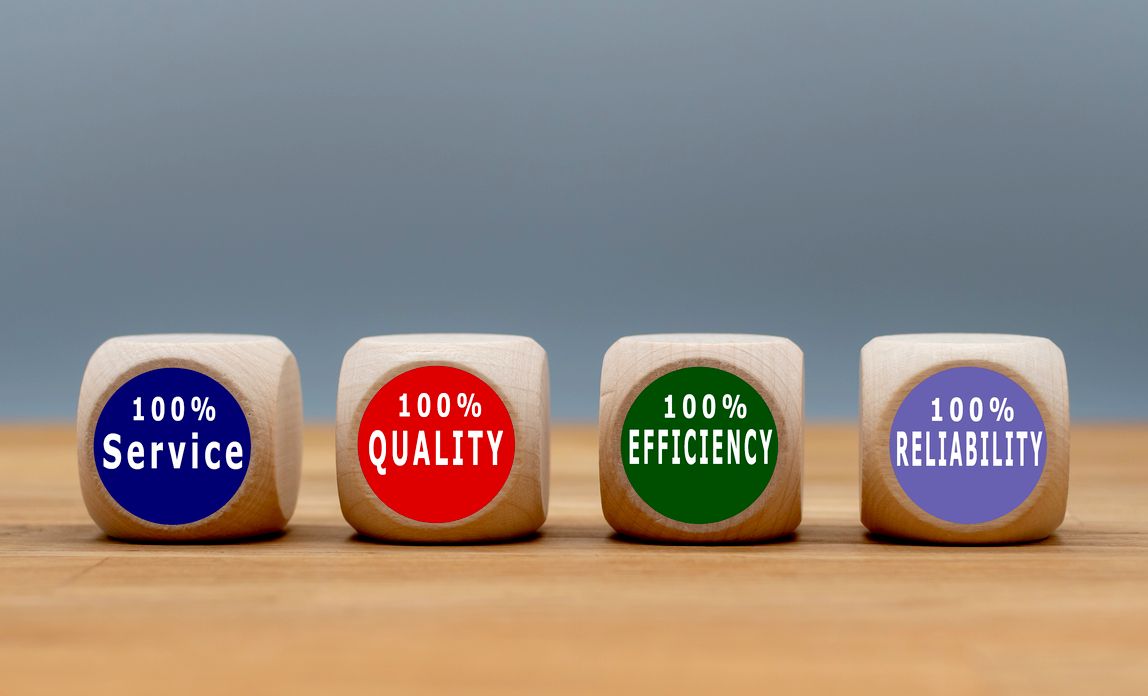Professional Exterior Cleaning & Pressure Washing Service
Hedon Exterior Cleaning is committed to keeping residential and commercial properties looking their best. We offer expert exterior cleaning and restoration services tailored to the needs of our customers across Hull and East Yorkshire.
Call Today 01482 898 742
PROFESSIONAL EXTERIOR CLEANING SERVICES FOR HULL
Explore Our Range of Exterior Cleaning Service
Managing Algae, Lichens, Liverworts, and Mosses on Hard Surfaces
It’s common to find algae, lichens, liverworts, and mosses growing on hard surfaces, particularly in damp and shaded areas. While they do not damage the surfaces they grow on, they can create a slippery hazard on patios, driveways, paths, decking, and steps. Understanding their growth habits and control methods can help maintain safety while preserving the natural beauty they bring to garden spaces.
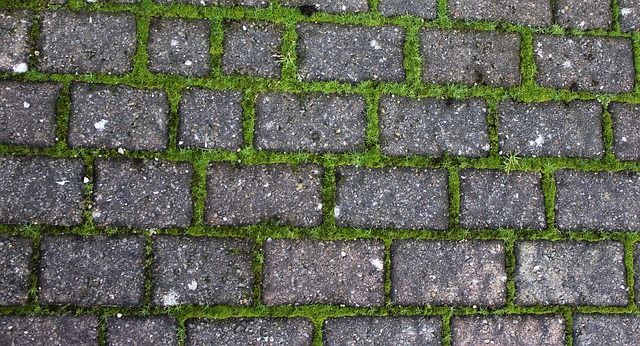
Quick Facts
- Algae, liverworts, and mosses thrive in moist environments and reproduce rapidly under these conditions.
- These small but vital organisms contribute to garden ecosystems by providing habitat and food for various creatures.
- Their presence can make surfaces dangerously slippery, so managing them in high-traffic areas is essential.
- There are effective non-chemical methods to discourage unwanted growth and maintain safer surfaces.
Identifying Algae, Lichens, Liverworts, and Mosses
Algae and Algae-Like Growths
Algae lack true roots, stems, or leaves, forming thin layers on hard surfaces. They often appear as a green film or powdery deposit on stone, paving, tarmac, concrete, and decking. Algae thrive in wet conditions and spread more rapidly in shaded areas with poor air circulation, particularly after damp winters.
Notable Algae-Like Growth:
- Nostoc, a greenish-brown, jelly-like growth, commonly appears on compacted gravel and driveways. It dries into a dark, crusty layer when moisture levels drop.
Lichens on Hard Surfaces
Lichens are symbiotic organisms composed of fungi and algae, forming flat, crust-like or creeping leaf-like growths. They can colonize paving and stonework even in bright, dry conditions. Common colors include white, grey, yellow, and orange. On timber structures like garden benches, lichens may appear tufted or bushy, adding an aged character to wooden surfaces.
Liverworts on Hard Surfaces
Liverworts form green, plate-like, flattened growths. A common species, Marchantia polymorpha, produces umbrella-shaped reproductive structures. Liverworts thrive in damp, shaded areas and often spread in humid, low-light environments.
Mosses on Hard Surfaces
Mosses form dense, cushion-like growths that retain moisture. They commonly grow in cracks between paving stones, on damp decking, and along garden paths. While they do not harm the underlying material, their moisture-retaining properties can make surfaces slick and hazardous.
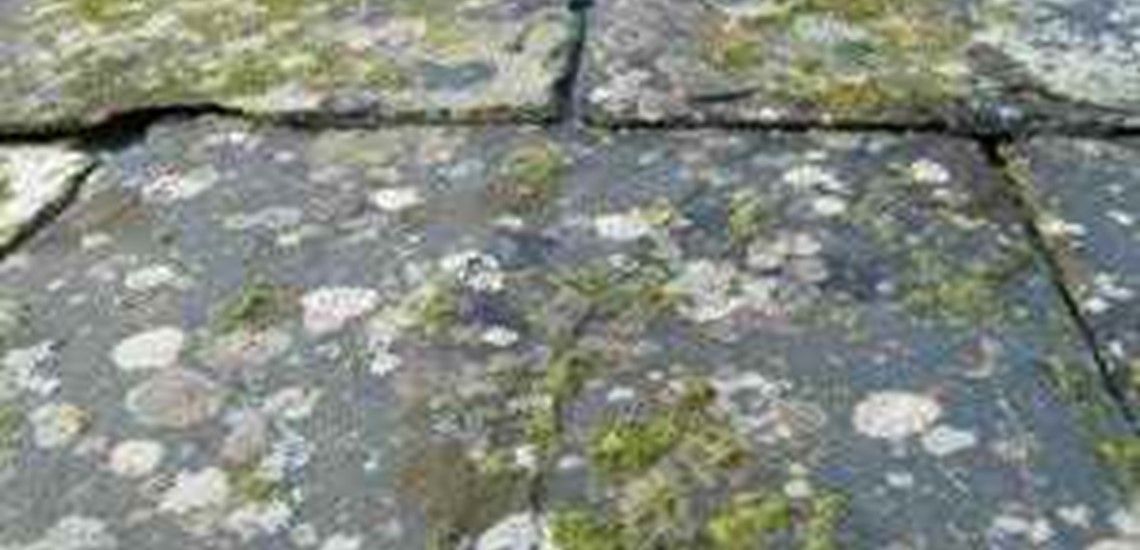
Should You Remove These Growths?
While algae, lichens, liverworts, and mosses can be a nuisance in walkways and high-traffic areas, they also offer environmental benefits:
- Boosts Biodiversity – Even small patches support various native species. Some rare lichens have been discovered in rural gardens.
- Provides Food and Habitat for Wildlife – These organisms shelter small creatures like beetles, spiders, and microscopic invertebrates. Birds use moss for nesting, and many moth species feed on it.
- Adds Character to Gardens – These growths can create a sense of maturity and permanence, softening harsh stonework and blending structures into the natural landscape.
Where they do not pose a safety risk—such as on garden walls, sculptures, and decorative features—it is best to leave them undisturbed.
How to Control Algae, Lichens, Liverworts, and Mosses on Hard Surfaces
If these organisms grow in areas where they pose a slip hazard, consider the following removal and prevention methods:
Removing Existing Growths
- Manual Brushing: Use a stiff broom or wire brush to scrub away established growths. Regular brushing prevents them from taking hold.
- Weeding Tools: Use a pointed weeding tool or an old knife to remove moss from between paving stones.
- Pressure Washing: A pressure washer quickly clears surfaces but should be used cautiously to avoid excessive water accumulation. Always wear protective goggles when operating a pressure washer.
Discouraging Future Growth
- Improve Air Circulation and Light Exposure: Trim overhanging plants to allow sunlight and wind to dry surfaces more effectively.
- Ensure Proper Drainage: Hard surfaces should have a slight slope to prevent standing water. Raised pathways help water run off efficiently.
- Enhance Permeability: Choose porous or permeable paving when installing new surfaces to reduce moisture retention.
- Maintain Loose Surfaces: Rake gravel regularly to prevent compacted conditions that encourage growth.
- Clear Debris from Drains: Ensure rainwater can flow away quickly by keeping drains free from leaves and obstructions.
- Increase Surface Grip: For particularly slippery areas, laying chicken wire on wooden decking provides extra traction and minimizes risk.
Should You Use Chemical Controls for moss and algae?
Non-chemical methods are highly effective, making chemical treatments unnecessary in most cases. Many patio cleaners and moss killers provide only temporary solutions since growths return if conditions remain unchanged.
However, if cultural methods fail, some home-use products are available for legal application. Garden centers and retailers with trained staff can recommend suitable treatments if needed.
Final Thoughts
While algae, lichens, liverworts, and mosses play an essential role in garden ecosystems, they can present safety hazards when growing on hard surfaces. Regular maintenance, improved drainage, and simple preventive measures can effectively manage unwanted growths while preserving the natural beauty and ecological benefits these organisms bring to outdoor spaces. When removal is necessary, non-chemical methods should always be the first choice to ensure an environmentally friendly approach.
For professional assistance, Hedon Exterior Cleaning provides expert services to keep your outdoor spaces clean and hazard-free. Contact us today to schedule a consultation and ensure your hard surfaces remain safe and well-maintained.


